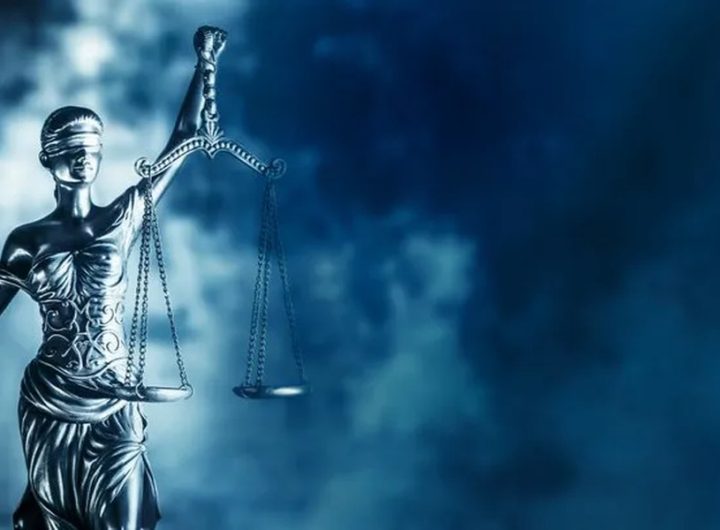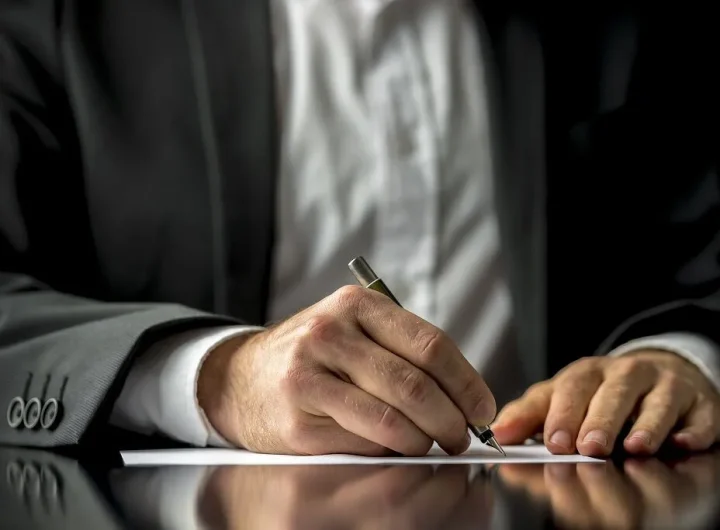
The legal profession holds a significant responsibility in upholding ethical standards and maintaining professional conduct. This is especially true for criminal defense lawyers, who play a vital role in ensuring fair justice administration. Criminal defense lawyers have a set of duties and responsibilities towards their clients, the court, and the legal profession. Defense lawyers strive to protect this principle by vigorously advocating for their clients. They challenge the prosecution’s evidence and present alternative narratives that raise reasonable doubt. They work tirelessly to ensure a fair trial and are not wrongly convicted.
Defense lawyers are expected to provide zealous advocacy on behalf of their clients. This means representing their clients’ interests with passion, dedication, and diligence. The prosecution is challenged through evidence, witnesses, and cross-examination. They obtain the best possible result for their clients by protecting their rights. Maintaining client confidentiality is of utmost importance for defense lawyers. They have a duty must the privacy of their clients and keep any information shared in confidence. The attorney-client privilege protects clients from discovering their statements with their lawyers, which ensures open communication between them. Defense lawyers honor this privilege and understand the critical role it plays in building trust and facilitating effective legal representation.
Defense lawyers must avoid conflicts of interest that compromise their ability to provide unbiased representation. Disclosing potential conflicts of interest and withdrawing from the case if necessary are their obligations. By maintaining independence and prioritizing the interests of their clients, defense lawyers uphold the profession’s ethical standards. To effectively represent their clients, criminal defence experts in brampton must maintain a high level of professional competence. They stay abreast of developments in criminal law, procedural rules, and legal precedents through continuous education and professional development. By staying informed and enhancing their skills, defense lawyers provide the best possible representation to their clients. Lawyers in defense practice honesty and integrity in dealings with clients, opposing counsel, the court, and the legal profession. Court rules and procedures are respected, and they present accurate information and refrain from false statements.
To maintain public confidence in the legal system, defense lawyers conduct themselves with integrity always. Defense lawyers understand the importance of professional courtesy and civility in their dealings with others in the legal field. They strive to maintain respectful and cooperative relationships with opposing counsel, judges, and court personnel. By fostering an atmosphere of professionalism and mutual respect, defense lawyers contribute to the efficient functioning of the legal system. Defense lawyers encounter ethical challenges and dilemmas throughout their careers. These range from conflicts between their duty to vigorously defend their clients and their obligation to uphold justice rights regarding revealing potentially damaging information. In such situations, defense lawyers must carefully navigate the ethical considerations and make informed choices that align with their professional obligations.


 Why Having a Will or Trust Matters After a Serious Personal Injury
Why Having a Will or Trust Matters After a Serious Personal Injury  Parking Lot Accidents: Why They’re More Complicated Than You Think
Parking Lot Accidents: Why They’re More Complicated Than You Think  Uncovering the Realms of Property Division During a Divorce Case
Uncovering the Realms of Property Division During a Divorce Case  Estate Planning After Divorce: Protecting Your Financial Future in Boston
Estate Planning After Divorce: Protecting Your Financial Future in Boston  The Role of Evidence in Winning a Car Accident Claim in Atlanta
The Role of Evidence in Winning a Car Accident Claim in Atlanta  Understanding Executor Fee Structures and Probate Compensation Standards in California
Understanding Executor Fee Structures and Probate Compensation Standards in California  Smart Strategies a Harlem Personal Injury Lawyer Uses to Maximize Car Accident Settlements
Smart Strategies a Harlem Personal Injury Lawyer Uses to Maximize Car Accident Settlements